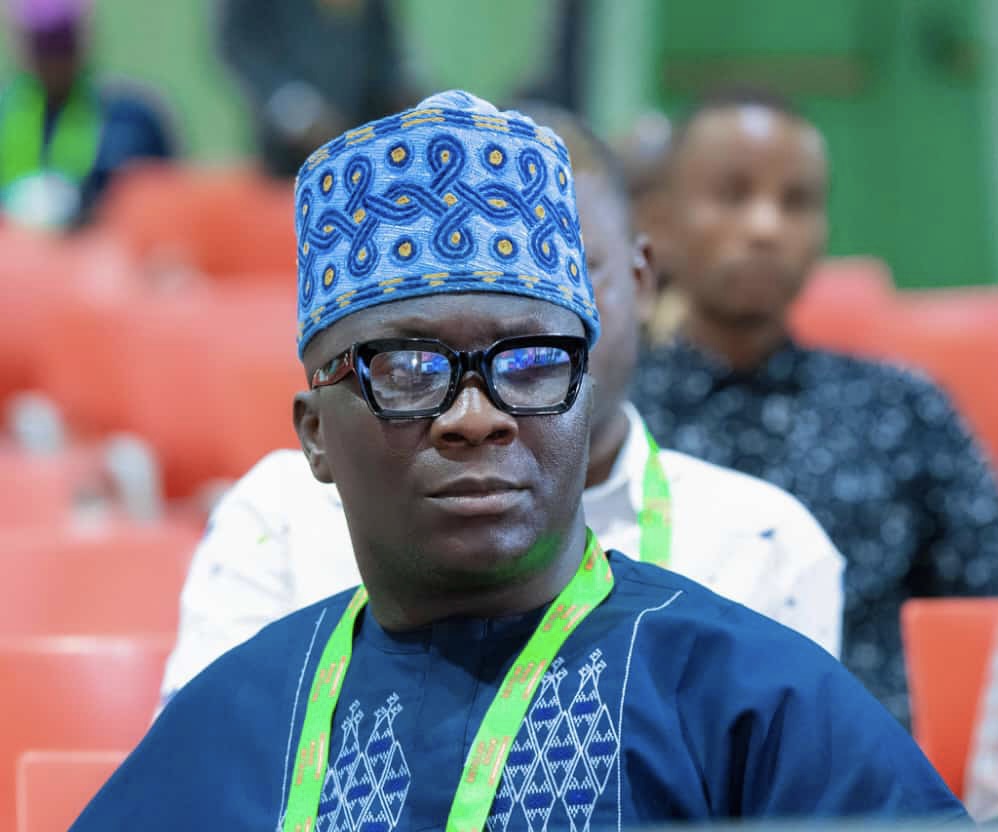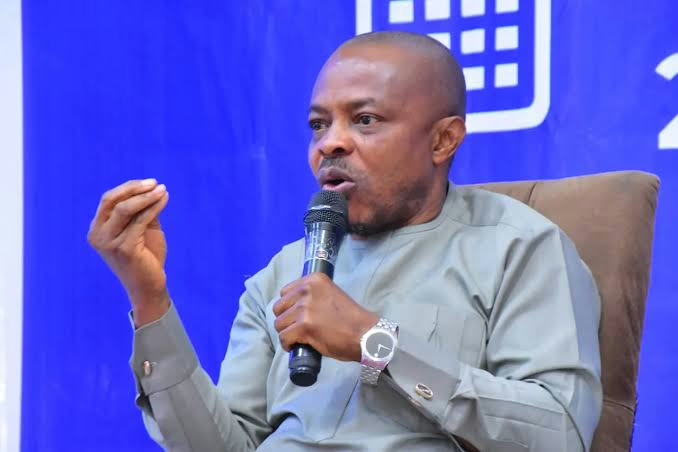Dr Fasua Gbenga
In recent times, the clamor for the establishment of state police forces has gained significant momentum across Nigeria. Proponents argue that state policing is essential for enhancing security and combating crime effectively at the local level. While some suggest the allocation of a special fund for this purpose, an alternative solution exists that can streamline the implementation of state policing without requiring additional financial resources – the utilization of the state security vote.
The current structure of the Nigerian Police Force, being largely centralized under federal control, has been criticized for its inadequacy in addressing the diverse and nuanced security challenges faced by different states. Advocates of state policing argue that decentralizing law enforcement functions would enable states to respond more swiftly and effectively to security threats within their jurisdictions.
However, concerns have been raised about the financial implications of establishing and maintaining state police forces. Some have called for the creation of a special fund to support the implementation of state policing, citing the need for additional resources to train personnel, procure equipment, and sustain operations.
Contrary to this proposition, it is worth considering the existing mechanism of state security votes as a potential source of funding for state policing initiatives. The security vote, which is a discretionary allocation made to state governors for security-related expenses, presents a readily available pool of resources that can be leveraged to kickstart and sustain state police forces.
By reallocating a portion of the security vote towards the establishment and operation of state police agencies, states can enhance their law enforcement capabilities without necessitating an increase in public expenditure. This approach not only capitalizes on existing financial resources but also ensures that security funding is utilized efficiently and transparently to address the specific needs of each state.
Moreover, using the security vote to support state policing aligns with the principles of fiscal responsibility and accountability. It enables states to prioritize security investments based on their unique security challenges and strategic objectives, fostering a more targeted and effective approach to law enforcement at the local level.
In light of these considerations, it is evident that there is no imperative need for a special fund dedicated to state policing when the mechanism of the security vote can be repurposed to fulfill this critical function. By harnessing existing financial resources and leveraging the flexibility of the security vote, states can navigate the implementation of state policing smoothly and efficiently, enhancing security outcomes for their residents.
In conclusion, the establishment of state police forces is a significant step towards bolstering security and law enforcement capabilities at the local level. Rather than seeking additional funding through a special fund, states can utilize their security votes to support the implementation of state policing initiatives. This pragmatic and resourceful approach not only addresses financial constraints but also empowers states to proactively address security challenges in a manner that is tailored to their unique needs and circumstances.











Leave a Reply